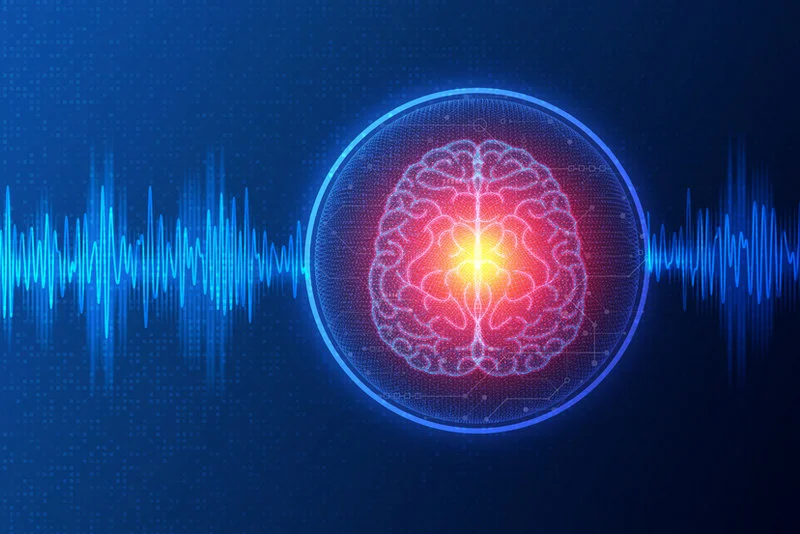Understanding Anhedonia and Its Effects
Anhedonia is a condition characterized by loss of interest and inability to experience joy from normally pleasurable activities. It manifests as persistent discontent, numbness, or emptiness instead of positive emotions. Anhedonia often results from neurotransmitter imbalances tied to mental health disorders like depression, PTSD, or schizophrenia. Addictions or certain medications can also contribute to pleasure loss.
Left unchecked, anhedonia takes a toll on one’s quality of life and health – disrupting appetites, motivation, relationships, and overall well-being. Though not yet formally classified as its own disorder, researchers increasingly recognize anhedonia as underpinning various mood disturbances. Fortunately recent therapies like TMS stimulation specifically target and treat neural circuitry governing positive emotions.


Importance of Anhedonia Treatment
Though sometimes dismissed as merely part of other diagnoses, addressing anhedonia is vital for mental health restoration and recuperating dysfunction impacting life satisfaction and engagement. People experiencing chronic, unrelenting disinterest frequently withdraw from community connections, career ambitions, and self-care – exacerbating risks of further mood instability.
Treating the root loss of enjoyment and reward response reactivates passions and meaning to fuel motivation. Anhedonia recovery guides one back towards their purpose through treatments elevating mood chemistry, rebooting cognition, and learning positive behaviors within supportive care teams.
Innovative Treatment Options for Anhedonia
Traditional methods of helping patients regain pleasure capacity include antidepressant and antipsychotic medications, and counseling for perspective shifts combined with establishing routines that naturally boost dopamine levels – like exercise, music, or travel. Recent modalities like TMS directly stimulate reward processing centers.
Transcranial magnetic stimulation technology leverages electromagnetic pulses targeting the precise brain tissue regulating pleasure perception and reactions. Results from anhedonia TMS protocols demonstrate subjects rediscovering joy across various stimulation measures – from photos to games to food experiences. Ongoing neuron-circuitry enhancement sustains positive emotion abilities.

Our Core Treatments
Depression & Anxiety
Our new dTMS device will go deeper and cover more area than traditional TMS, providing better results.
TMS for OCD
We now have the only device approved by the FDA and covered by insurance for OCD.
TMS for Addictions
Smoking cessation has recently been approved by the FDA for our Brainsway device. Talk to us about your addictions.
The Promise of TMS for Anhedonia Treatment
For those struggling with chronic, treatment-resistant anhedonia, TMS represents an exciting innovation to regain the enjoyment of life’s gifts small and large. Non-invasive and well-tolerated, specialized TMS protocols connect and empower the specific neuropathways governing our sensations of contentment. Patients completing anhedonia TMS therapies describe awakened passions for people, places, and activities that previously brought happiness.
To determine if TMS treatment is appropriate for you or a loved one’s anhedonia and related mental health difficulties, schedule a consultation today with our NYC clinic. Rediscover the many reasons life is still worth living.
Get In Touch With Us
info@lifequalitytms.com
(718) 400-0867
(718) 4000-TMS
26 Court St., Ste 808
Brooklyn, NY 11201